WICV 2024 | Thematic Summit “Sharing & Co-Creation: Building International Networks for Mutual Benefits” Wraps Up
Date:2024-11-05 17:30
Typeface【 Default large Extra large 】
On October 18, the thematic summit “Sharing & Co-Creation: Building International Networks for Mutual Benefits” was successfully held as part of the 2024 World Intelligent Connected Vehicles Conference (WICV 2024) in Beijing. The event was organized by the China Automobile Enterprise Internationalization Development Innovation Alliance and the Ministry of Industry and Information Technology Equipment Industry Development Center (EIDC). It invited representatives from key national authorities, embassies and consulates in China, and industry organizations to introduce their countries’ investment and development environments for intelligent connected vehicles (ICVs) and to jointly chart the course for international cooperation. Model enterprises in globalization were also invited to share strategies for global expansion and successful cooperation practices.
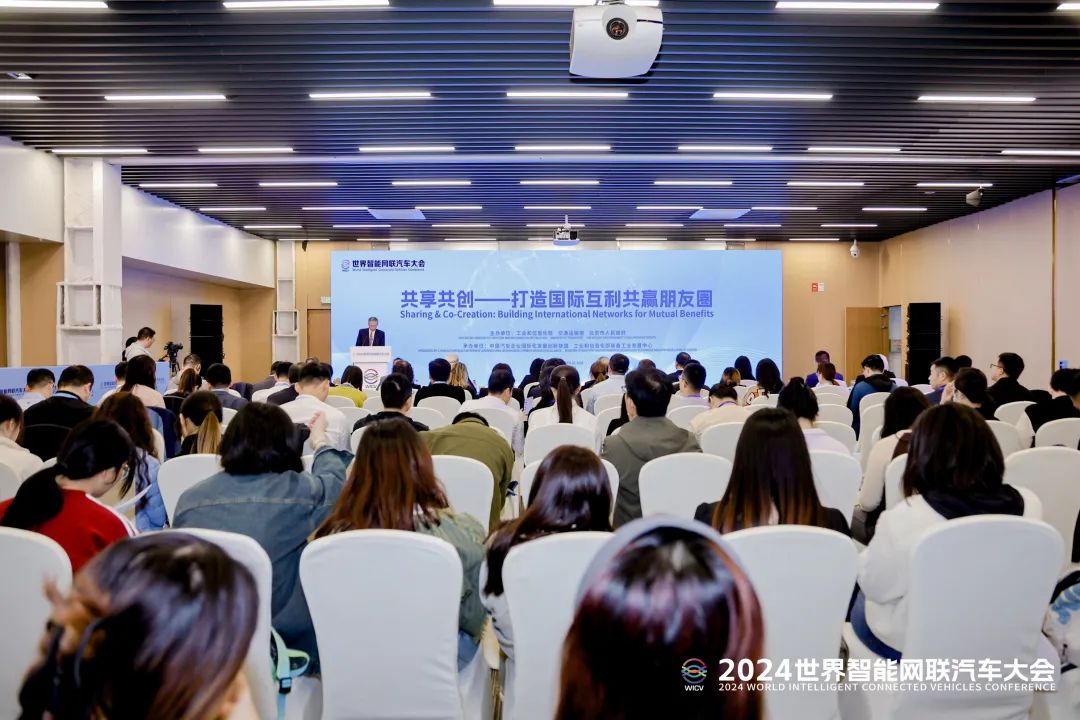
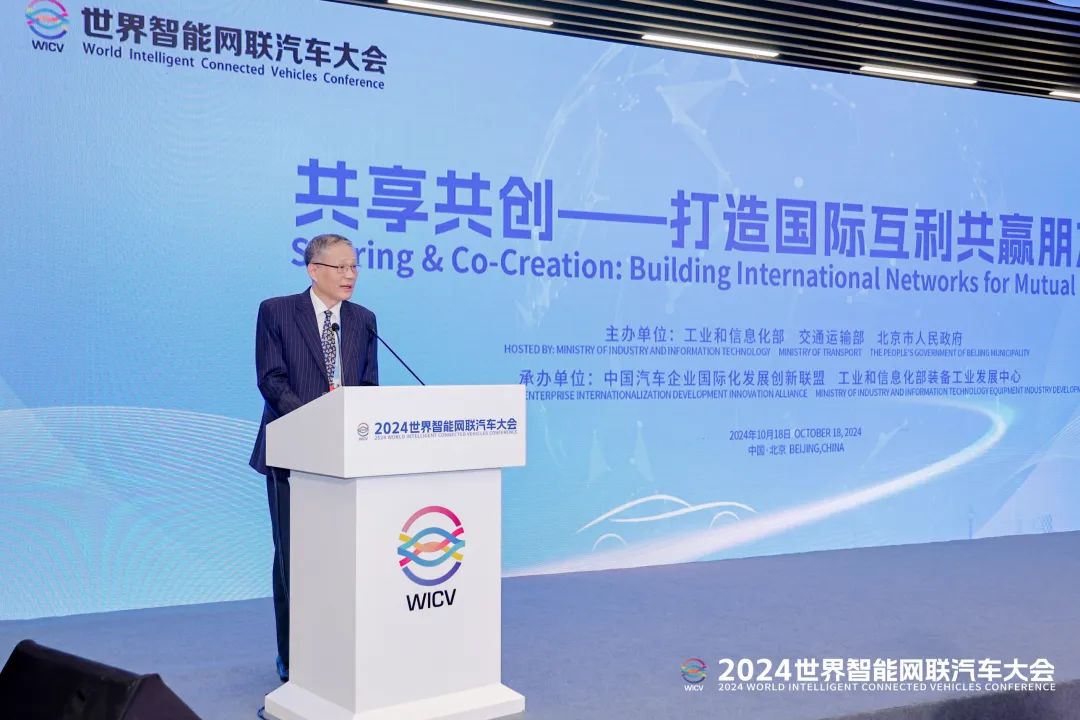
The event was chaired by Li Yuwei, President of the International Transport Cooperation Association.
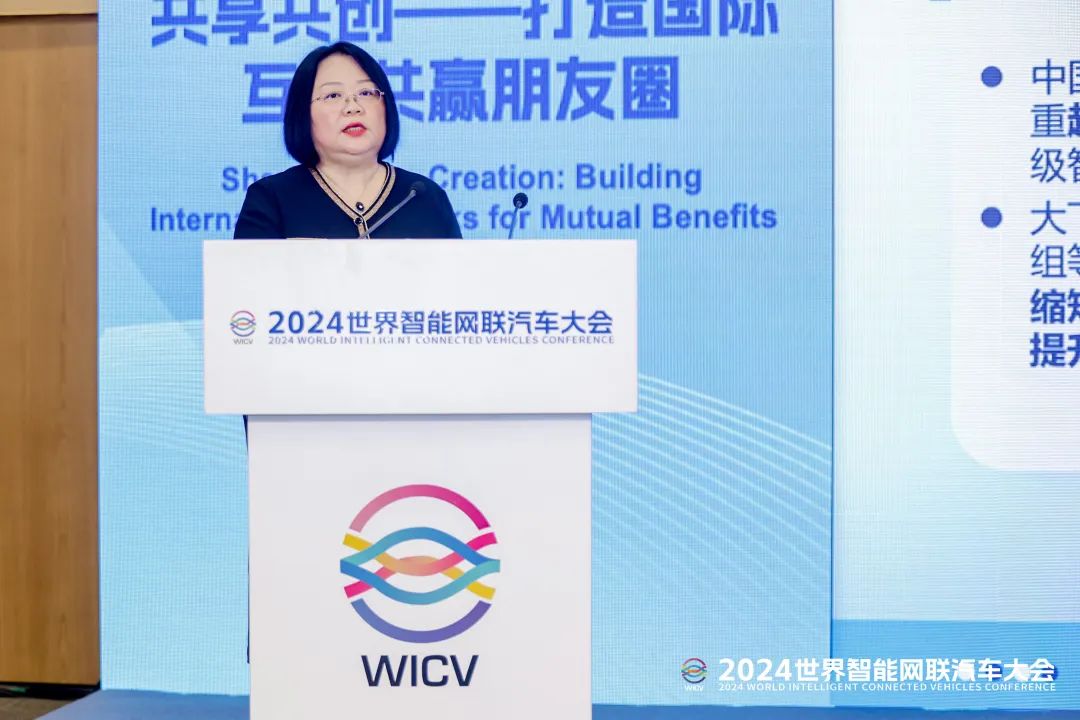
Zhang Xiaolei, Deputy Director-General of Department of International Cooperation of the Ministry of Industry and Information Technology (MIIT), delivered an introductory report titled “‘Bringing In’ and ‘Going Global’: Deepening International Cooperation”. She systematically introduced China’s progress in ICV and other sectors, outlining recent measures for “bringing in”, “going global”, and establishing international cooperation mechanisms. She noted that with the joint efforts of governments, industries, and society, the industry is now benefiting from more consistent strategic directions, a stronger market foundation, and more mature technologies. However, challenges such as complex geopolitical issues, trade protectionism, and trade barriers also exist. She proposed three strategies for China to continue deepening international ICV cooperation: first, to maintain open cooperation; second, to strengthen communication and exchange; and third, to integrate into the global industry system.
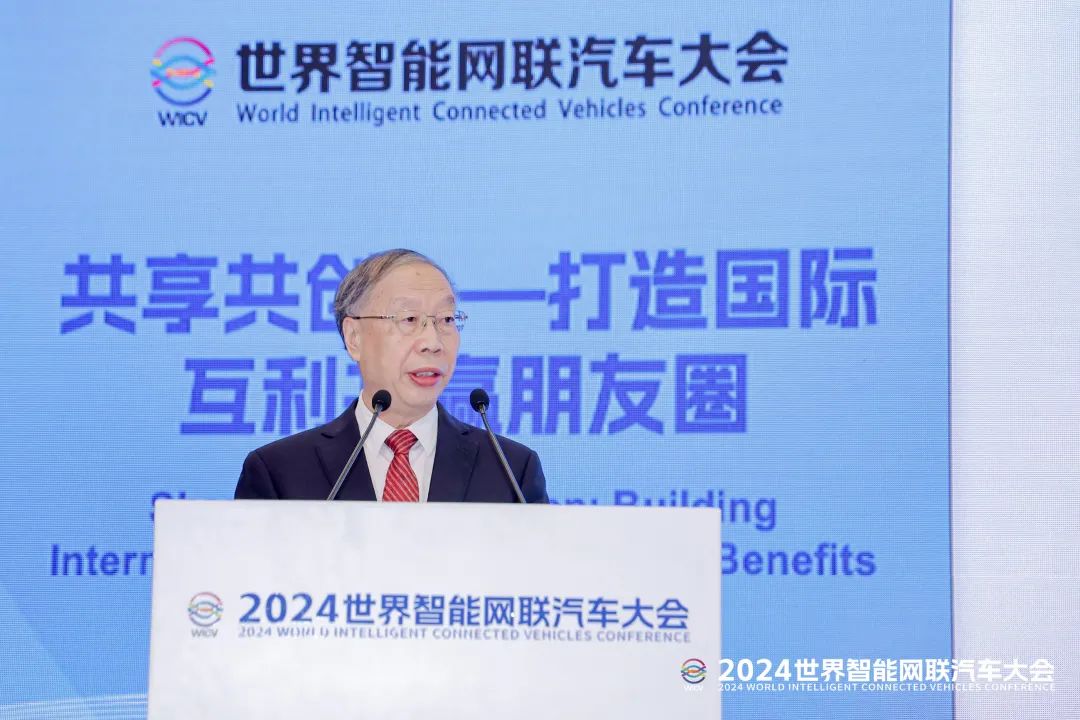
Su Bo, Deputy Director of the Economic Committee of the 13th CPPCC National Committee, Former Deputy Secretary of the Party Group and Vice Minister of the MIIT, delivered a keynote speech on “Enhancing Global Synergy, Building Internationally Renowned Brands Together”. He pointed out that the global automotive industry has a century-long history of shared technological progress, co-creation of brands, and common ecological prosperity. As the industrial revolution and technological changes continue to evolve, the automotive industry is now undergoing unprecedented changes characterized by irreversible electrification, accelerating intelligent connectivity, and a restructuring of the global landscape, bringing new opportunities and challenges. Looking to the future, Su proposed three suggestions for co-creating and sharing new opportunities for global automotive development: first, to strengthen technological innovation and enhance core competitiveness; second, to develop a more compliant and globally expanded industry and promote mutual recognition of standards; and third, to strengthen brand building and create renowned automobile brands.
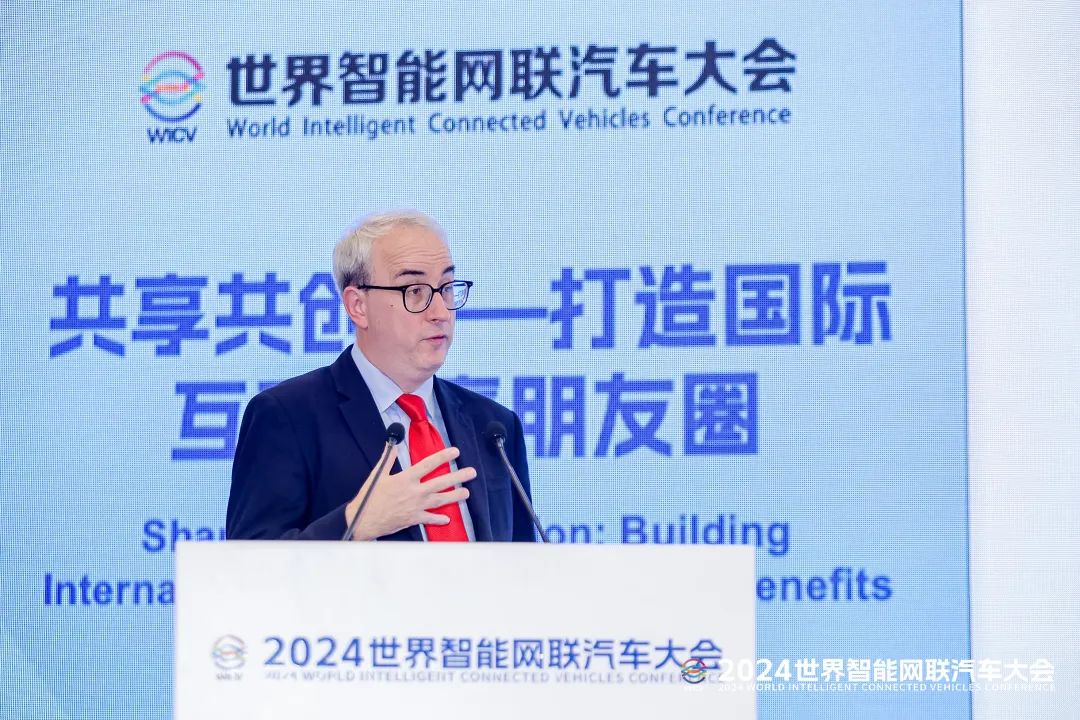
Lewis Neal, His Majesty’s Trade Commissioner (HMTC) of the UK, introduced the overview of the UK automotive industry, the development of Chinese enterprises, and major support policies. He noted that the UK automotive industry, which has a rich history, is a global leader and home to many renowned brands. A high-quality automotive ecosystem has fostered world-class vehicles. The UK boasts four mainstream passenger car manufacturers, four commercial vehicle manufacturers, seven illustrious luxury and sports car manufacturers, eight bus and coach manufacturers, nine design centers, 10 engine manufacturers, 22 research and development (R&D) centers, over 60 specialized vehicle manufacturers, and more than 2,500 suppliers, with 80% of UK-made vehicles targeting overseas markets such as Europe and the US. There are numerous investment and trade cooperation opportunities between the UK and China, as well as many successful cooperation cases, such as the Birmingham Power Research Cooperation Project, the China-UK Automotive Working Group Meetings, and partnerships with companies like CRRC and Geely.
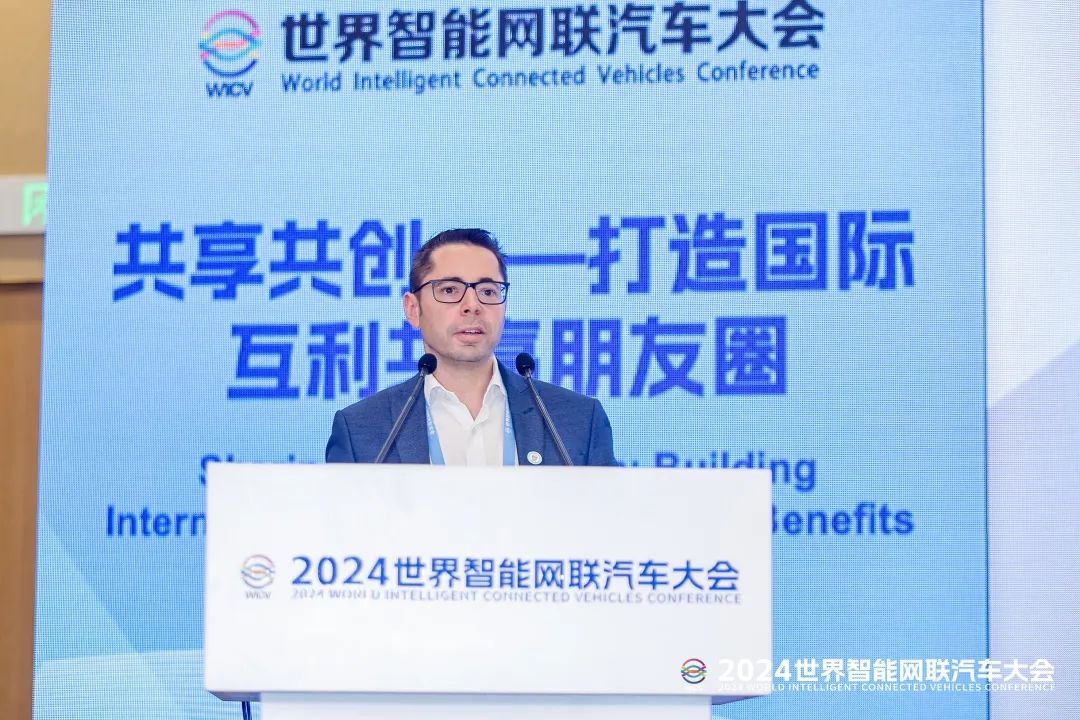
Michael Howard Braisher, Head of Innovative Mobility, United Kingdom’s Department for Transport, introduced the latest legislative progress regarding autonomous driving in the UK and future plans. He explained key points of the Automated Vehicles Act, including the responsibilities of autonomous driving companies and users, the new safety framework, and measures to prevent misleading marketing, and shared insights on passenger service licenses and the UK government’s next moves. Going forward, the UK will continue to refine its regulations for autonomous driving and explore how to ensure safety, facilitate global accessibility, and build consumer trust.
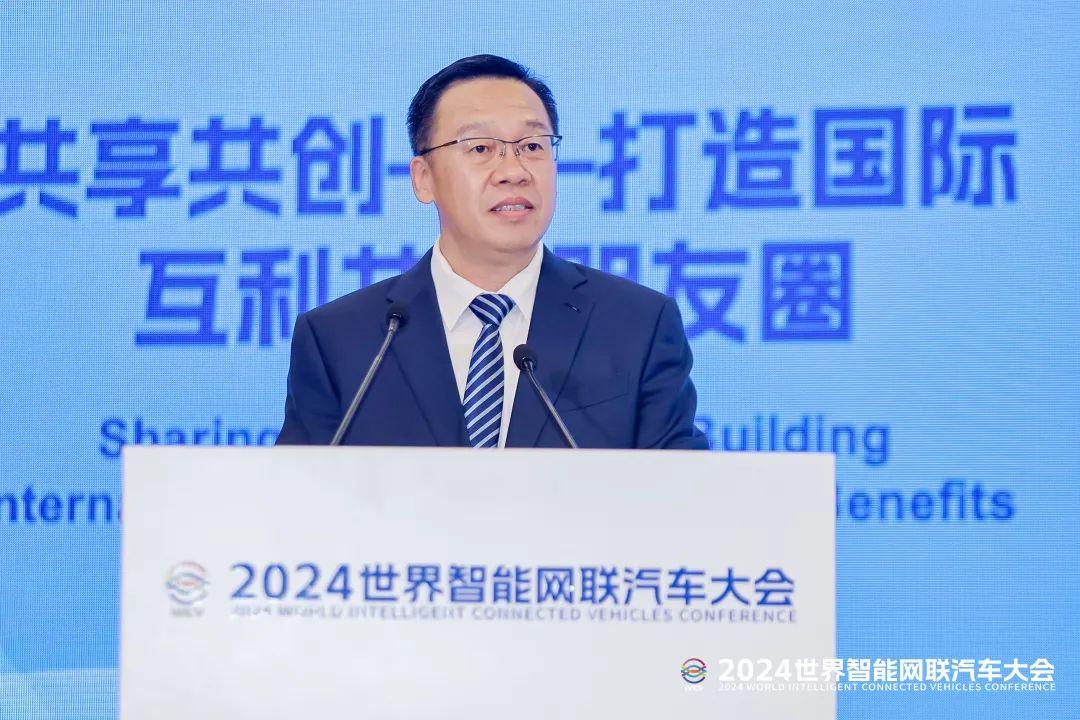
Zhou Hua, Deputy General Manager of China Automotive Technology and Research Center Co., Ltd. (CATARC), gave a keynote speech on “New Opportunities and Challenges for the Development of Global Intelligent Connected Vehicle”. He began by introducing the global expansion trends in China’s ICV sector, noting that Chinese automotive products are rapidly entering diverse global markets, with electrification and intelligent technologies significantly driving sustained export growth. He then presented five new opportunities for the global ICV sector in terms of policy, enterprise, market, product, and infrastructure, as well as three new challenges arising from network data security, policy and regulatory support, and international market environments. He proposed three strategies to promote cooperation through openness and fostering development through collaboration: first, to enhance cross-border data exchange and cooperation; second, to deepen cooperation in supply chains and industry chains; and third, to achieve cross-sector cooperation through platforms.
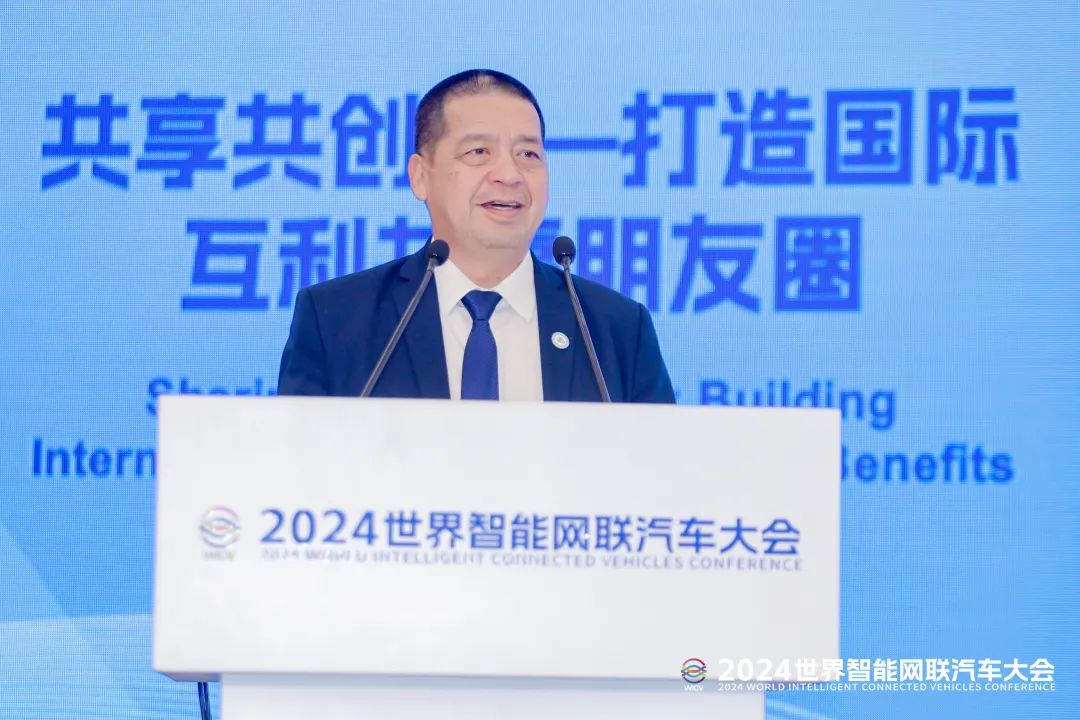
Suroj Sangsnit, President of Electric Vehicle Association of Thailand (EVAT) and Executive Vice President of SAIC MOTOR-CP Co., Ltd., presented Thailand’s active exploration of ICV development. His presentation primarily focused on the draft roadmap for Thailand’s ICV sector and the challenges of bringing these vehicles to market. Thailand is developing a roadmap that plans four milestones for the development of L1-L5 vehicles from 2025 to 2040, with a focus on L3 autonomous driving starting in 2027, as currently, only L2 applications are being developed locally. The roadmap outlines key points and milestones in formulating standards and regulations as well as advancing infrastructure construction over the next 15 years while identifying challenges from standards and regulations formulation, industry supervision, accident investigations, responsibilities and insurance, and both physical and digital infrastructure.
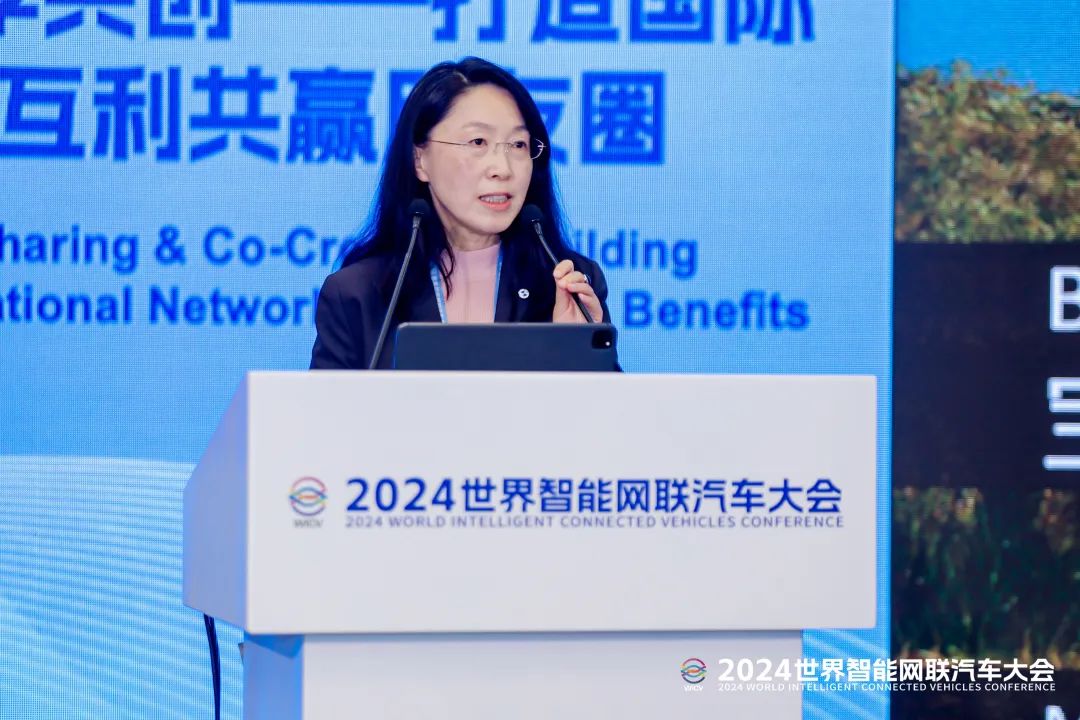
Wu Yanyan, BMW Group Vice President, delivered a keynote speech on “BMW Reinforces Global Cooperation of ‘Circle of Friends’ in ICV”. She noted that over the past three decades, BMW has consistently increased its presence in China and made unremitting efforts to promote Sino-German and Sino-European intergovernmental exchanges and cooperation. She pointed out that the research and development of BMW’s sixth-generation cylindrical batteries exemplifies successful cooperation within the China-Germany industry chain. She also shared classic examples of expanding and deepening cooperation across the industry chain in areas such as closed-loop management of battery recycling and reuse, digital R&D and applications, driver assistance and autonomous driving development, vehicle-road-cloud integration, and digital factories. As the global automotive industry is undergoing accelerated changes unseen in a century, she emphasized the urgent need for coordinated efforts from global partners to tackle challenges. BMW is prepared to act as a bridge to foster friendship between China and the world.
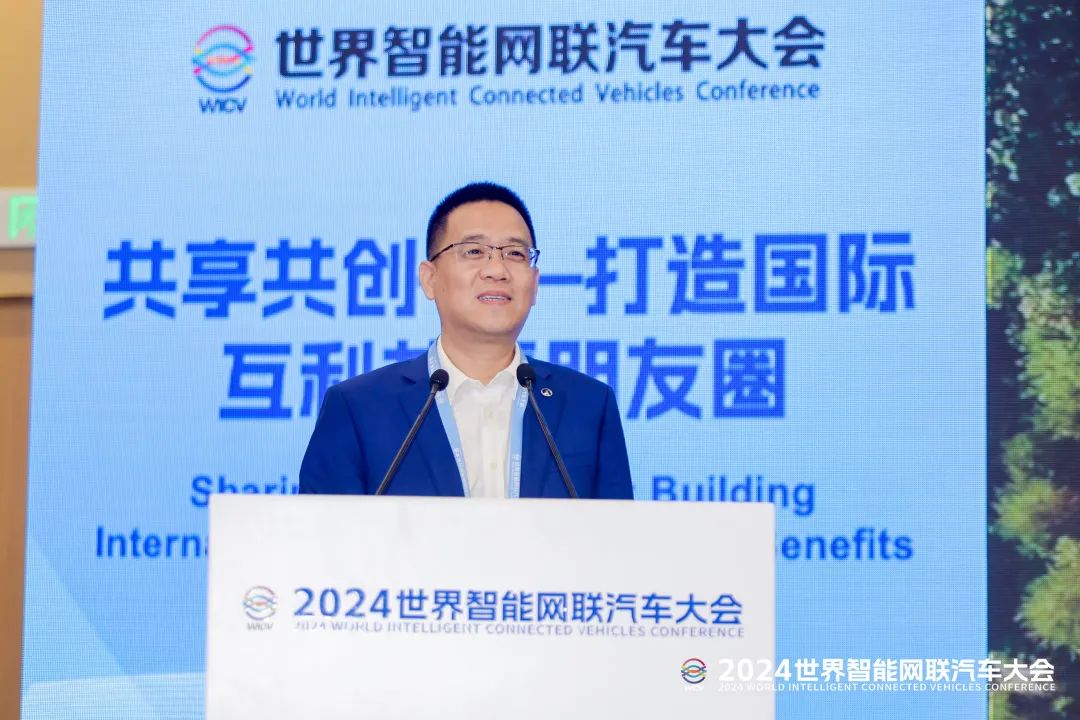
Shi Qingke, President of GWM International, gave a keynote speech on “Global Expansion of Ecosystem for Mutual Benefit: Chinese Automotive Industry’s Path to the World”, sharing insights on the industry and GMW’s experiences. He noted that in the context of new tracks, models, and perceptions, China’s automotive exports are now prioritizing quality over growth rate. It is essential to view the overseas expansion of Chinese automotive brands from a global user perspective. Instead of engaging in insular competition, GMW should consolidate its established advantages while committing to addressing the gaps with foreign brands and making continuous enhancements. With the overall development of China’s automotive industry, Chinese automakers are experiencing gradual changes in their global expansion strategies - now entering Stage 4.0, a comprehensive strategic phase for global expansion of their ecosystems. Guided by the philosophy of mutual benefits, GMW, with 34 years of vehicle manufacturing history and 27 years of experience in overseas markets, is committed to telling China’s stories through the global expansion of capacity, operations, branding, and supply chains, as well as the globalized and differentiated product strategies across all categories, powertrains, and classes.
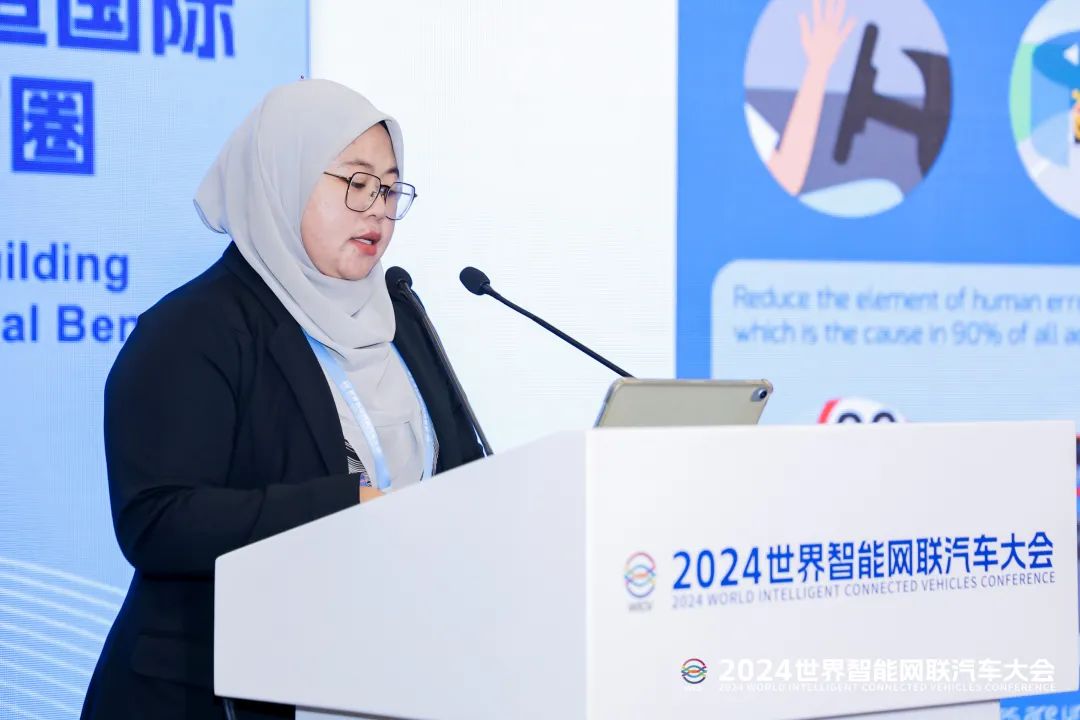
Nurul Shafinaz binti Azmi, Manager of Strategic, Policy and Research Development Division of Malaysia Automotive Robotics and Internet of Things Institute (MARii), delivered a speech titled “Next Generation Vehicle (NxGV) Development in Malaysia”, noting that Malaysia’s National Automotive Policy (NAP 2020) encourages the production of energy-efficient vehicles, including next-generation vehicles with digital features and intelligent technologies. She highlighted the country’s roadmap for next-generation vehicles, key parts and technologies, major suppliers, talent development, and relevant testing and validation capabilities. Malaysia will focus on L1-L2 driver assistance from 2020 to 2025, advancing to L3 conditional autonomous driving around 2025-2027, and then to L4 highly autonomous driving around 2027.
Previous article
Next article